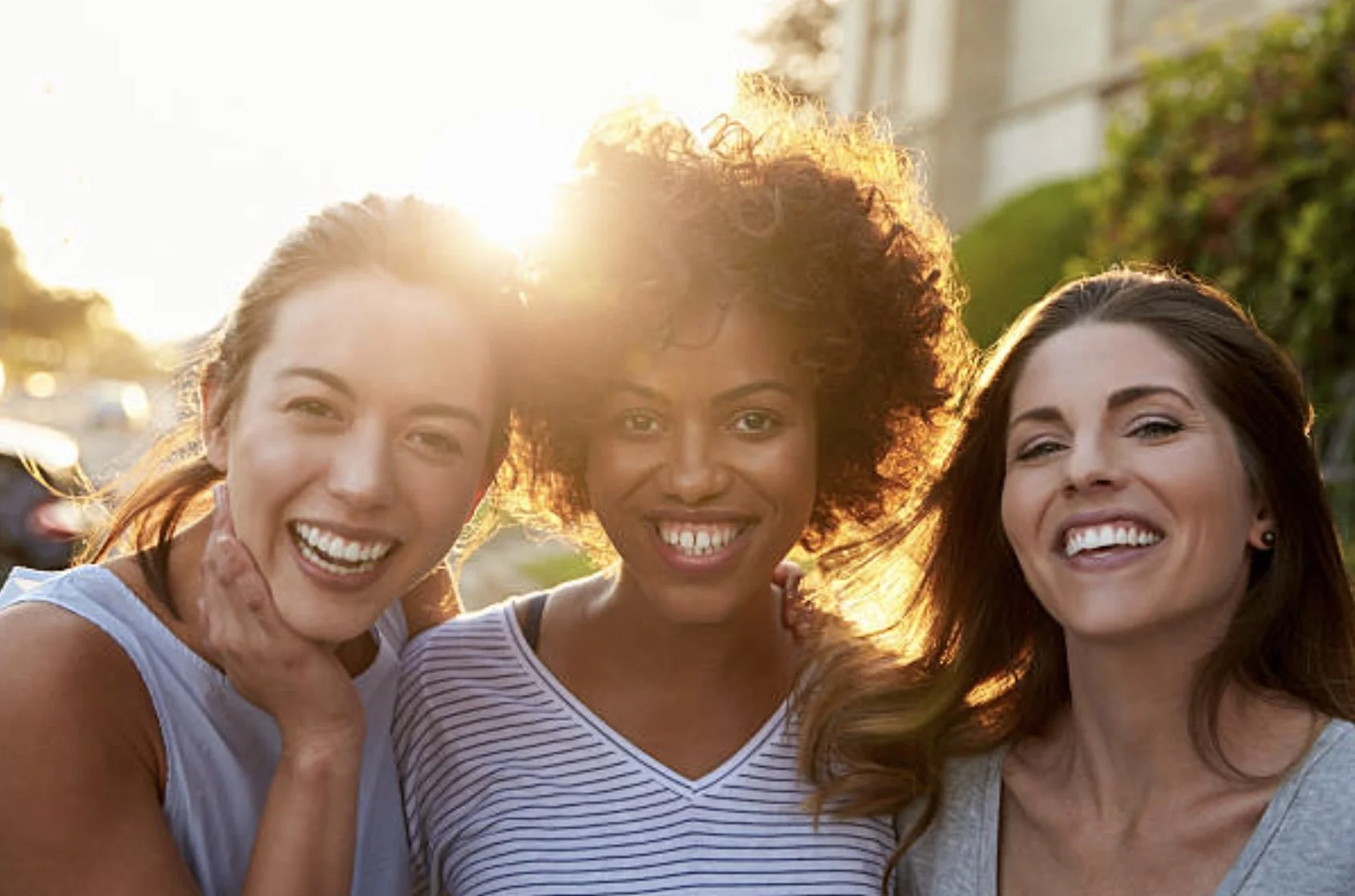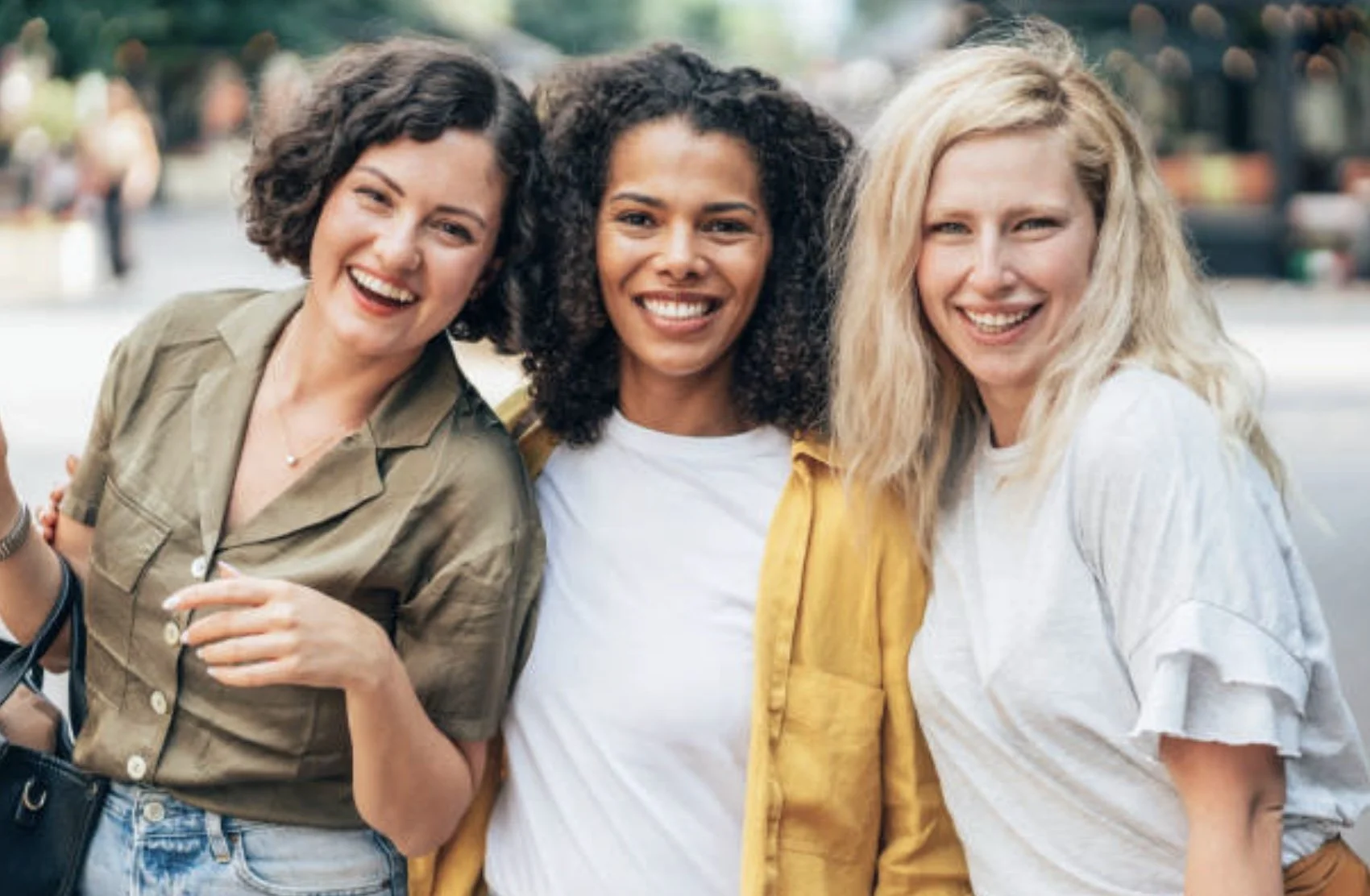💬 Why Group Support Is a Game-Changer for Healing Relationship Wounds
By Emily MacNiven, LPC, Founder of The Red Door Therapy & Wellness Solutions
This isn’t just another blog about connection—it’s a compassionate look at why your past relationships may have left wounds, why healing them alone hasn’t worked, and how group support can offer something your nervous system didn’t know it needed.
At The Red Door, we know that high-achieving, emotionally generous people often end up feeling isolated in their relationships—not because they don’t care, but because they’ve learned to care for everyone but themselves. This blog is a path back to the kind of connection that actually heals.
• 🌀 Discover why relationship wounds linger even after 1:1 therapy
• 🌱 Grow by learning how group support rewires old relational patterns
• 🔗 Integrate with one gentle next step and reflection prompts
Read this if…
You’ve done therapy but still feel lonely or unseen in your relationships.
You’re always the “strong one” and don’t know how to ask for support.
You want connection, but fear being too much—or not enough.
You’re tired of performing closeness without actually feeling safe.
🌀 Why It Still Hurts, Even After Therapy
You’re not the only one who gives so much in relationships… and still feels unseen. You’re praised for being the steady one, the go-to, the problem solver. But inside, your shoulders ache, your jaw is tight, and your heart is tired. Because even when you're surrounded by people, you often feel alone.
And the weight you’ve been carrying? Group therapy is where it finally gets shared.
Do you feel like you’re always the one people turn to—but no one really sees you?
Have you done all the “inner work” but still end up in relationships that feel lopsided?
Do you know how to talk about your feelings, but still feel disconnected when you try?
You’re not doing it wrong. You’re doing what you were taught.
Many people with deep relational wounds carry them not because they haven’t tried to heal—but because they’ve tried to do it in isolation. They’ve learned to anticipate others’ needs, keep things light, or stay silent when they’re hurting. These protective strategies worked once. But now they’re in the way.
The truth is: what gets broken in relationship usually needs to be healed in relationship.
Individual therapy helps you understand the patterns. Group support helps you practice new ones—with real people, in real time, in a space where safety is built, not assumed.
🌱 Why Group Support Changes the Way We Relate
Relational wounds are sneaky. They tell you you’re too much, or that needing people is weak. They convince you that you have to perform connection instead of receiving it.
Group work is where that script starts to shift.
When done well, group support creates a space where:
You don’t have to be the one holding it all together.
You get to share honestly, without having to make it palatable.
You witness others bring their raw, real selves—and realize you’re not the only one.
And maybe most importantly, your body starts to feel it:
Your shoulders drop as you listen to someone name an emotion you’ve hidden for years.
You feel your breath deepen as you’re met with nods instead of interruptions.
You sense a quiet exhale—not from being fixed, but from finally feeling understood.
Even if you don’t use the word “co-regulation,” this is what it looks like. Group work helps your nervous system unlearn the belief that connection equals danger. It helps you experience, slowly and safely, that you can be close without losing yourself.
In our groups at The Red Door, we don’t just sit in a circle and talk about feelings. We co-create an environment that allows your nervous system to relax and rewire:
Structure and pacing that helps you know what to expect
Attuned facilitation so no one dominates or disappears
Opt-in sharing so you’re never pushed, only invited
Ongoing rhythm so your system builds familiarity, not spikes of stress
You get to try on new ways of relating—saying no, asking for help, receiving care—and see what happens. And when that happens in the presence of others who get it, your internal blueprint for relationships starts to change.
🔗 A Small Step You Can Try Today
Try this short reflection to tune into what’s happening in your relational world. Don’t just think about it—notice how it feels in your body:
Where in your body do you feel like you’re bracing in relationships?
What does “softening” look or feel like for you—even just a little?
Think about a relationship where you feel like you can’t fully exhale.
– What are you afraid might happen if you showed up more honestly?
– What would feel like relief in that relationship—not perfection, but ease?
– When was the last time someone held space for you, without needing you to hold them back?
If you’re longing for connection that doesn’t drain you—connection that helps you breathe—group support might be your next step.
At The Red Door, we offer:
Therapy Groups for deep relational healing and boundary repair
Support Groups for consistent, low-pressure connection and co-regulation
You don’t have to fix your relationships by yourself.
You don’t have to be the strong one here.
You just have to be willing to let others meet you, gently, where you are.
We’re ready when you are.



